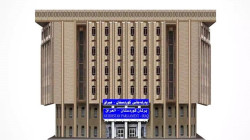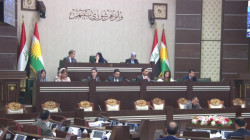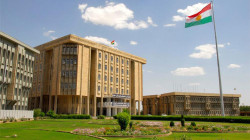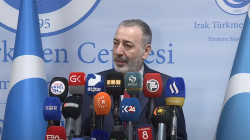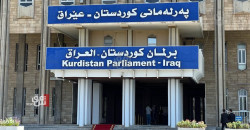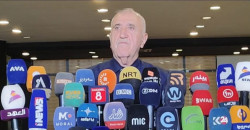Muhammad Suleiman to preside new session of Kurdistan parliament
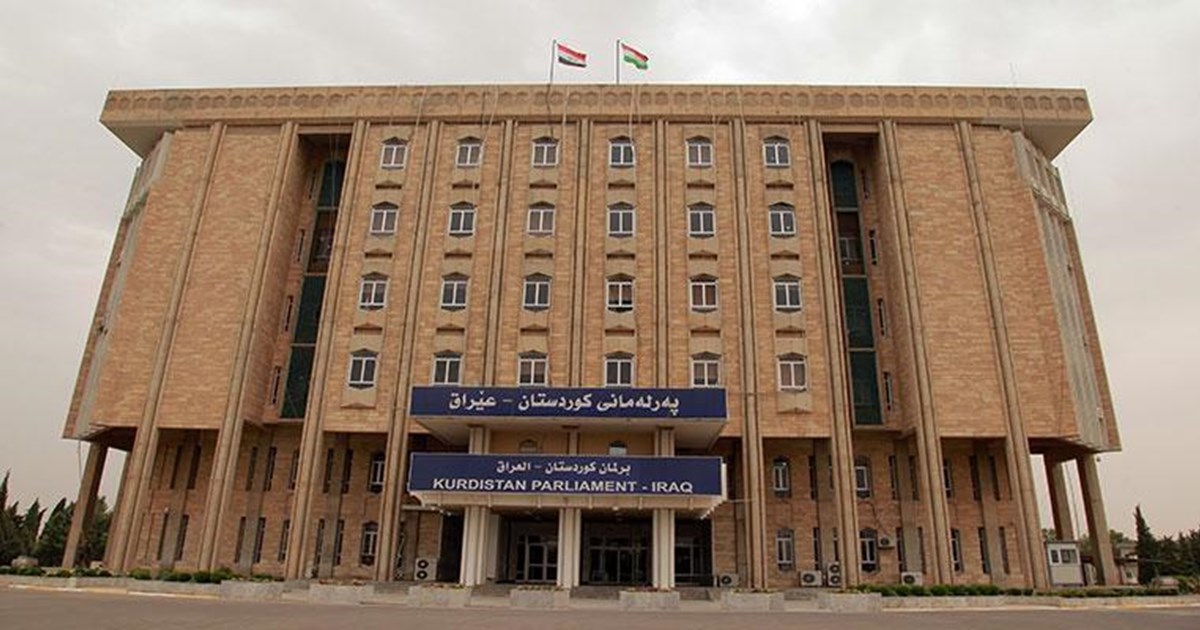
Shafaq News/ Following the announcement of the final results for the sixth session of the Kurdistan Parliament, Muhammad Suleiman, head of the New Generation (Al-Jeel Al-Jadeed) list in Al-Sulaymaniyah, is expected to preside over the council's first session as the oldest member, according to parliamentary regulations.
The legal period for challenging the results is set until the third of this month, after which the parliament must convene within ten days for new members to take their constitutional oath.
Under parliamentary rules, the oldest member temporarily chairs the inaugural session, marking the first step in the legal and legislative procedures. This session will officially launch the duties of the elected representatives and initiate the process of electing a permanent speaker and two deputies, ensuring legislative stability in Kurdistan during the upcoming phase.
Notably, this election marked the first time in both the Kurdistan Region and Iraq that elections were held without any registered complaints involving fraud and vote manipulation.
Mahmoud Khoshnaw, a senior member of the Patriotic Union of Kurdistan (PUK), anticipated that the new parliament will differ significantly from previous sessions, as no party holds a clear majority. "There will not be a simple majority of 50% in this parliament," Khoshnaw told Shafaq News, noting that this situation could complicate negotiations over government formation, the election of the president and prime minister, and the overall political landscape of the region.
Despite the challenges, Khoshnaw suggested that a fragmented parliament could foster a more inclusive and cooperative political environment. "The nature of governance in the Kurdistan Region requires that no single party controls a majority. This could break the political deadlock and force parties to negotiate in good faith," he explained, stressing that the new parliament's structure would necessitate wider consultation by the prime minister with cabinet ministers, leading to increased scrutiny and accountability compared to the previous term.
Observers highlight that a key task for the new parliament will be drafting a long-awaited constitution for the Kurdistan Region, which could define the future of governance in the semi-autonomous area. Additionally, the parliament will need to revive the Kurdistan electoral commission and appoint members to the electoral board, addressing concerns raised by Iraq's Federal Supreme Court, and modifying the electoral law to prevent future disputes.
The incoming parliament also faces a backlog of proposed laws from the previous government, which are critical to addressing the population's needs.
KDP member Wafa Mohammed Karim, speaking to Shafaq News, outlined four key priorities for the new parliament: forming a coalition government, drafting the Region's constitution, unifying the Kurdish military forces under a single command, and reaching agreements with Baghdad on oil, the budget, and the implementation of Article 140.
Election Results
The recent elections for the Kurdistan Parliament have yielded a distribution of seats across the four provinces of Al-Sulaymaniyah, Duhok, Erbil, and Halabja. According to the announced results, Al-Sulaymaniyah has a total of 38 seats, with the Patriotic Union of Kurdistan (PUK) securing the highest number at 15 seats. The New Generation Movement (Al-Jeel Al-Jadeed - NGM) follows with eight seats. The Kurdistan Democratic Party (KDP) and the Islamic Union of Kurdistan (IUK) both obtained three seats each. The Justice Group and the Position Coalition received two seats apiece, while the People's Front and the Kurdish Alliance acquired one seat each. Minority groups collectively garnered two seats.
In Duhok, the total number of seats is 25, with the KDP winning a dominant 18 seats. The NGM and IUK each secured two seats, while the PUK, Justice Group, Position Coalition, and People's Front each obtained one seat.
Erbil, with a total of 34 seats, saw the KDP again in the lead with 17 seats. The PUK secured six, the NGM five, and the IUK one. The Justice Group, Position Coalition, People's Front, and minority groups each also received one seat.
Halabja, the smallest constituency, consists of three seats, with the PUK, IUK, and KDP each claiming one seat.
Overall, the final results indicate that the KDP emerged as the leading party with a total of 39 seats across all provinces. The PUK followed with 23 seats, and the NGM secured third place with 15 seats. The IUK claimed fourth place with seven seats, while the Position Coalition came in fifth with four seats. The Justice Group ranked sixth with three seats, the People's Front secured two seats, and both the Gorran (Change) Movement and the Kurdish Alliance obtained one seat each.
